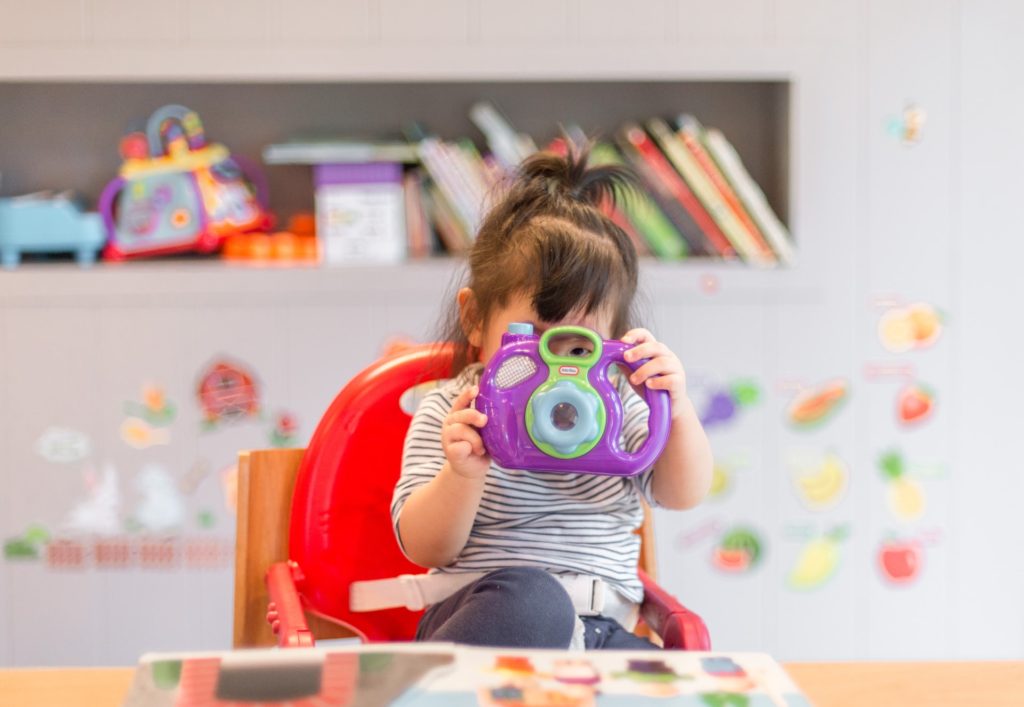
Children need to be made comfortable in order to open up and share. They often require a playful environment, one that doesn’t even feel like therapy. Play therapy is to children what counseling is to adults. Play therapy utilizes play, children’s natural medium of expression, to help them express their feelings more easily through toys instead of words and explore/understand the world around them. Association for Play Therapy (APT) defines play therapy as “the systematic use of a theoretical model to establish an interpersonal process whereby trained play therapists use the therapeutic powers of play to help clients prevent or resolve psychosocial difficulties and achieve optimal growth and development.”
Who Do Play Therapists Work With?
People of all ages can benefit from play therapy but it is usually recommended for children aged 3 – 12 years old. A young child may not have the words to describe how they’re feeling or express themselves. Play therapy allows children to articulate themselves in creative ways through the use of drawing, painting, water and clay, movement and poetry and music. This helps children cope with their difficult emotions and assists them in changing the way they think and feel about their concerns leading them to be able to problem solve.
Play therapists often work with children who have experienced:
- Sexual, physical, or emotional abuse
- Parental separation, divorce, or conflict
- Domestic violence or witnessed domestic violence
- Having a close relative/friend be in hospital/sick with serious illness
- Stressful experiences such as death of a loved one
- Serious accidents or disaster
- Being in foster care/adopted
Play therapy can also be useful for children that have ADHD and/or are on the autism spectrum.
A play therapist will provide materials such as toys, arts and crafts, books, clay,and musical instruments in a session. Using these materials, the therapist encourages the child to express their difficult thoughts and feelings through play rather than verbally. The children can describe their feelings through role play, drawing, puppets, sculpting, dancing and more. This allows children to see the world in a more positive light and free them from difficult thoughts and experiences that prohibit their development; thus, making them more resilient.
What Benefits Are There To Play Therapy?
Some of the benefits children can attain through play therapy include:
- Improved confidence and self-respect
- Stronger social skills
- Self-awareness and taking responsibility for certain behaviors
- Alleviation of anxiety
- Developing more empathy and respect so better able to form healthy relationships
- Learning and developing problem solving skills and healthy coping skills
- Being able to express their feelings and emotions in a healthy manner
- Increased trust in others and themselves
- Enhanced fine and gross motor skills as well as language
- Becoming more playful and creative
In order for a child to fully reap the benefits of play therapy, the play therapist must form a strong and trusting bond with the child so that the child feels safe in their presence and feels like they can trust them enough to be vulnerable and express their feelings. The best way to develop this relationship is to have consistent sessions at the same place and time so that the child feels secure and so that the treatment is more effective.
If you are looking for a child therapist or would like to learn more about this service, follow this link or call the office to schedule a free 15-minute consultation.
Leave a Reply